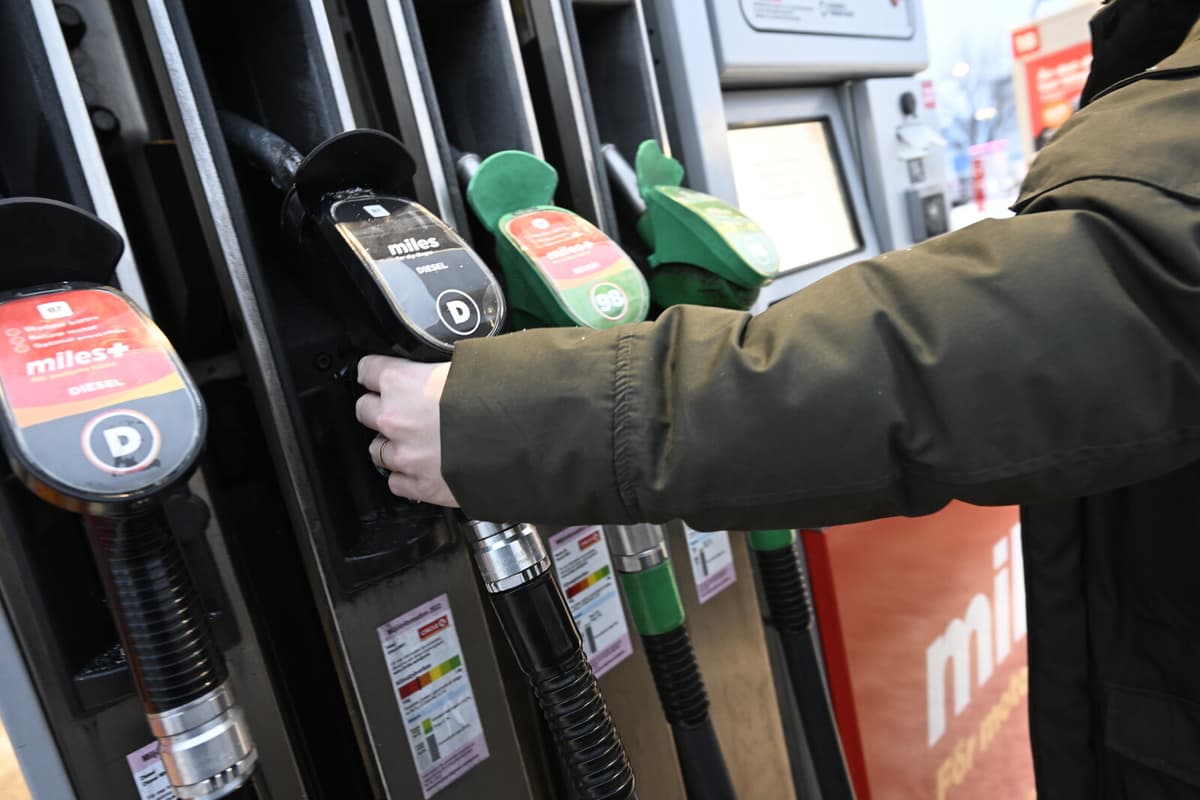During the 2022 election campaign, fuel prices received significant attention and the price "at the pump" was discussed lively. The slightly more expensive, but carbon-efficient, biofuel drove up the prices of gasoline and diesel, the critics meant. The reduction obligation became a political issue of contention.
Now, Drivkraft Sverige has investigated fuel prices in Sweden. In the analysis, they have taken into account inflation, the improved energy consumption of cars, the population's incomes, and compared fuel prices in other countries.
The conclusion is that we in Sweden have relatively cheap fuel prices. It is not expensive to refuel if you compare with other countries, or look historically in relation to incomes and the technical development of cars. Then, the government has lowered the fuel taxes, that also has an impact.
"Not enough"
The current government lowered the reduction obligation last year from 10 to 6 percent. From July 1, it will be back to 10 percent.
But the reduction obligation needs to be raised further, Drivkraft Sverige means. Sweden risks being penalized if the EU's climate goals are not met.
We make the assessment that ten percent is not enough, but think that we need to raise the reduction obligation to about fifteen percent to be able to reach the EU's ESR goal by 2030 and thus avoid fines for Sweden, says Jessica Alenius.
But a 15 percent reduction obligation raises again the question of the cost of refueling the car. According to Drivkraft Sverige, the prices will not skyrocket.
We need to think about whether we should compare ourselves with the Polish prices which we do today. We are far below the fuel prices in our Nordic neighboring countries and Germany, and maybe it is them we should compare ourselves with.
Drivkraft Sverige is a trade organization that gathers fuel and charging companies. Among the members are, among others, Circle K, OKQ8, Preem, and ST1.






